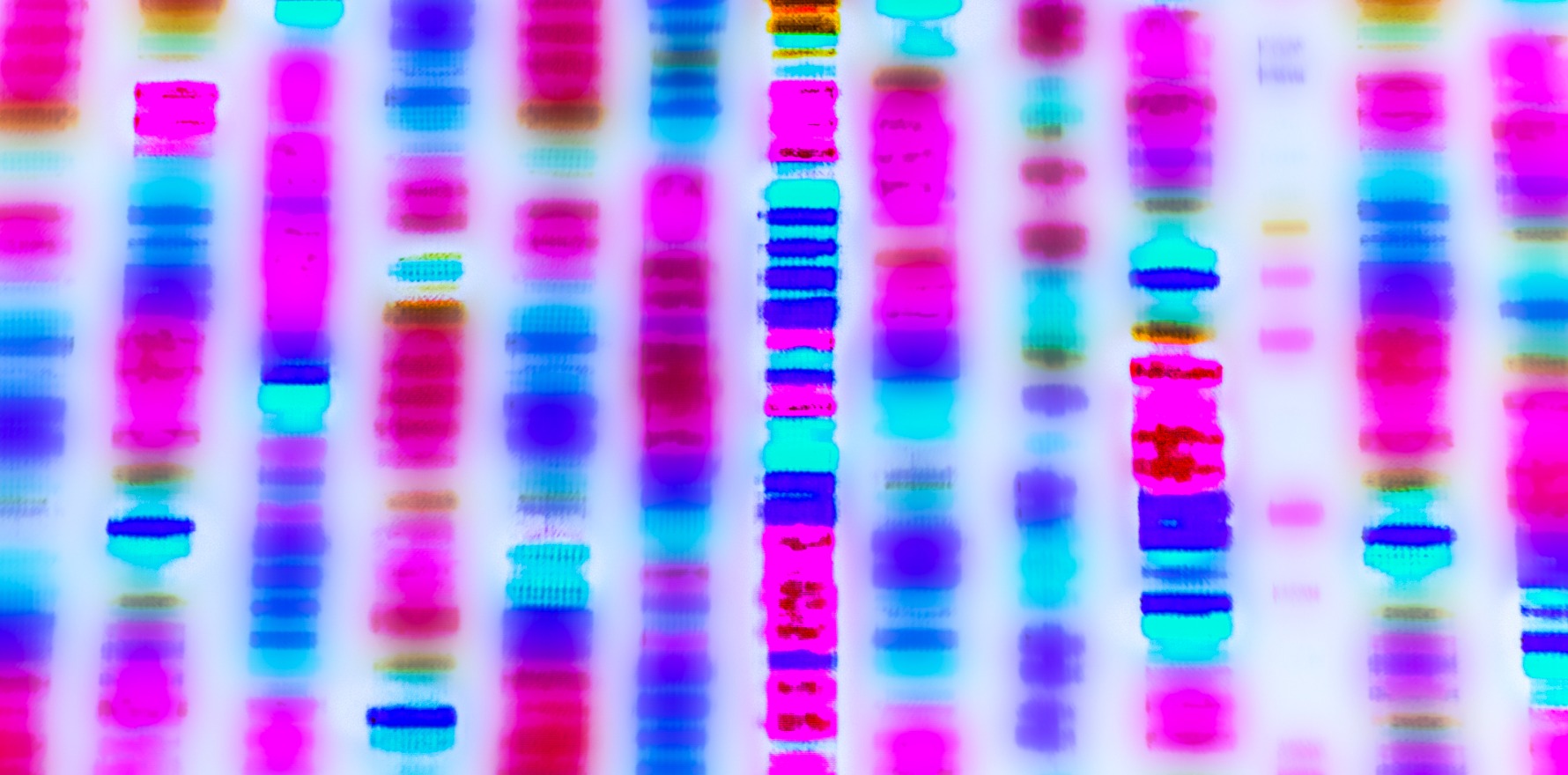A national gene-drug screening program is critical to less toxic and more effective treatment, doctors say.
The absence of national pharmacogenomic screening is putting patients at risk of potentially lethal medication toxicities, according to an MJA article published earlier this week.
Patients who have an increased or decreased capacity to metabolise certain medications are at risk of a moderate to severe toxic reaction, the authors wrote in a Perspectives piece. This can lead to hospitalisation, intensive care admission and sometimes death.
Currently, however, there is no national, systematic screening for genetic variants that modify patients’ ability to metabolise medication, they said.
“Providing Australia-wide equitable access to pharmacogenomic services is a major challenge, but a critical one for our nation,” wrote the authors, who were led by medical oncologist Dr Cassandra White and based in Newcastle, NSW.
For example, dihydropyrimidine dehydrogenase (DPYD) genotyping can be useful for cancer patients who are having fluoropyrimidine chemotherapy – which includes 5-fluorouracil and capecitabine – to treat solid tumours.
Each year, around 10,000 Australians receive fluoropyrimidine, but serious toxicities occur in 30% of people, resulting in hospitalisation and sometimes admission to intensive care.
“Up to 1% of patients die from fluoropyrimidine chemotherapy-related toxicity,” the authors wrote.
DPYD genotyping would help identify which patients lack the enzymes needed to metabolise fluoropyrimidine chemotherapeutic agents, putting them at higher risk of severe toxicity.
Prior knowledge could allow for dose adjustment before treatment begins, improving safety without compromising effectiveness.
Evidence from Europe shows that four dihydropyrimidine dehydrogenase variants are found in 3–8% of people. Those variants “lead to a significant increase in the relative risk of developing serious adverse events including diarrhoea, mucositis, myelosuppression, and hand-foot syndrome”.
“There is evidence to support reducing fluoropyrimidine dosing in patients carrying significant DPYD gene variants, leading to decreased toxicity without compromising treatment response,” the authors wrote.
However, pre-emptive dihydropyrimidine dehydrogenase screening has not been adopted systematically in Australia.
“Why has Australia continued to accept such a guarded approach to upfront pharmacogenomic screening?” they wrote.
“A position statement released by the Royal College of Pathologists of Australasia suggests that in 2017, 1.7 million Australians were prescribed drugs with known gene–drug pairs, and up to 40% of patients carry an actionable variant.
“Limited pharmacogenomic testing is available currently in Australia, both as gene panel screening and targeted genotyping, predominantly through private services at present,” they wrote.
The authors said dihydropyrimidine dehydrogenase genotyping could act as a prototype for expanding pharmacogenomic screening across difference drug classes.
“Australia must expand the implementation of pharmacogenomic screening to elevate the quality of care we offer to patients, on par with or better than international standards,” they wrote.
While there is access to private pharmacogenomic testing in Australia, most testing is not subsidised by Medicare.
One reason that has been given for the lack of systematic pharmacogenomic testing in Australia is cost, but the authors argued that testing would be cost-effective.
“In 2008,” they wrote, “the Australian Centre for Health Research predicted $2.5 billion to $6.2 billion could be saved in avoiding adverse events and pharmaceutical waste related to avoidable pharmacogenomics-guided prescribing decisions over a 5-year projection period, estimating a cost of $14,027 per hospital admission.”


